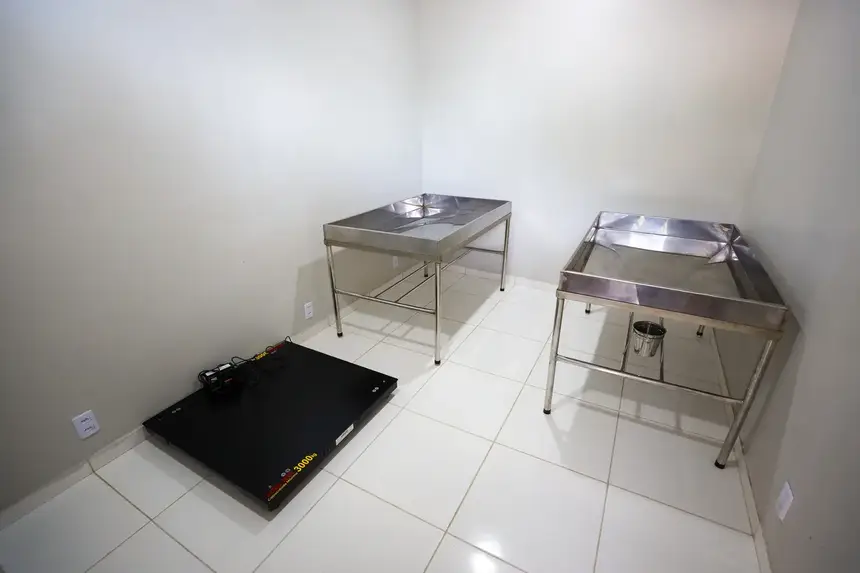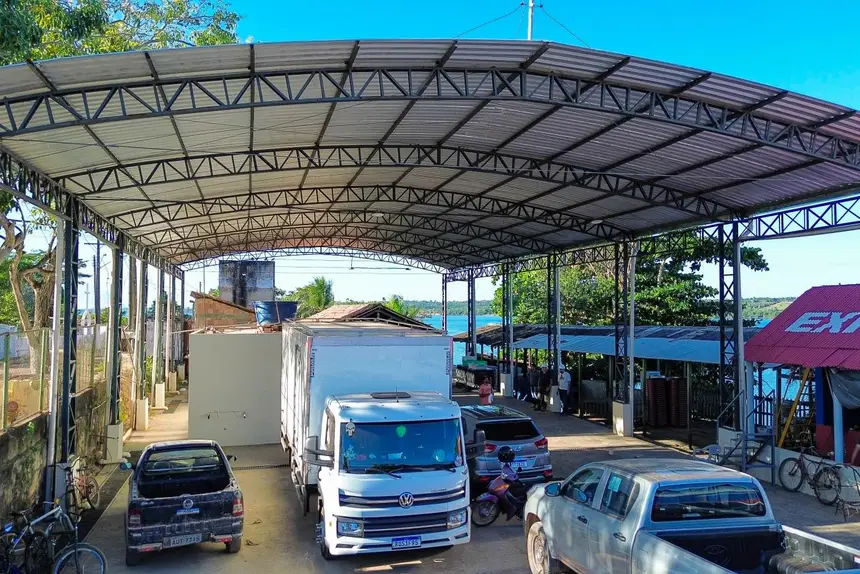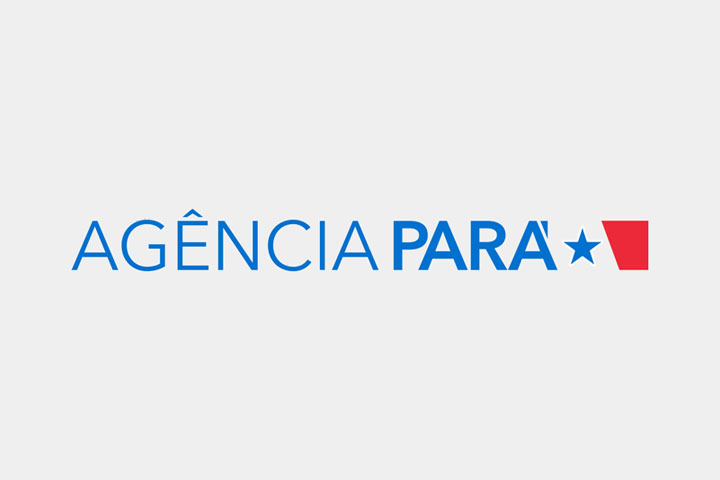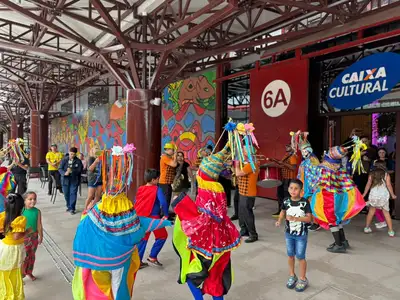Itupiranga receives Monitoring and Landing Unit for Fish
Strategic structure for the fishing production sector is part of a set of seven units planned for the Tucuruí Lake Integration Region
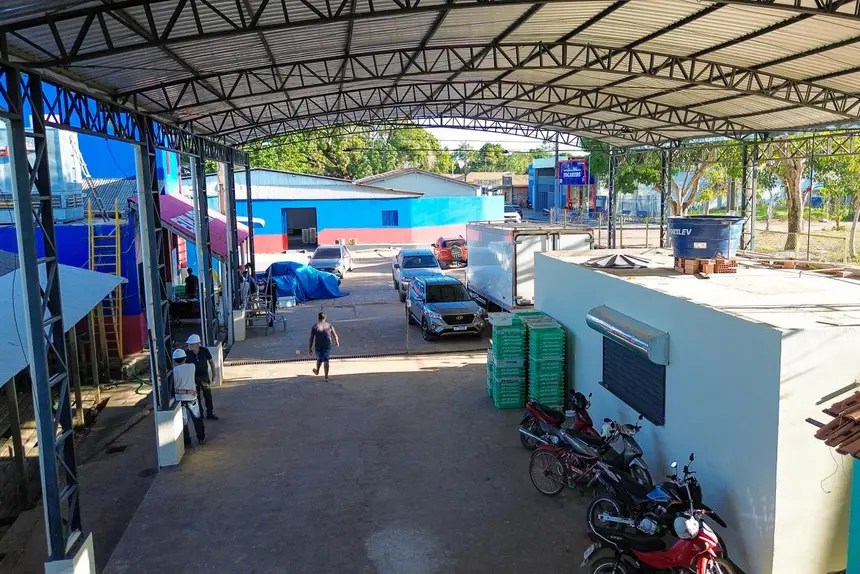
The municipality of Itupiranga, in the Tucuruí Lake Integration Region, will host, this Monday (14), the delivery of the second Monitoring and Landing Unit for Fish in Pará. The ceremony, scheduled for 4 PM, will be attended by Governor Helder Barbalho and Vice Governor Hana Ghassan. The new infrastructure represents a strategic step by the Government of Pará to strengthen the fishing chain, promote sustainability, and generate jobs and income in the region.
The unit was built by the State Department of Public Works (Seop), with resources from the State of Pará Compensation Fund (FCA), directed by the Institute of Forest Development and Biodiversity (Ideflor-Bio). With 608 square meters, the space features a metal roof, electrical and hydrosanitary networks, offices, storage rooms, and restrooms, providing dignified and modern conditions for the landing and monitoring of fish.
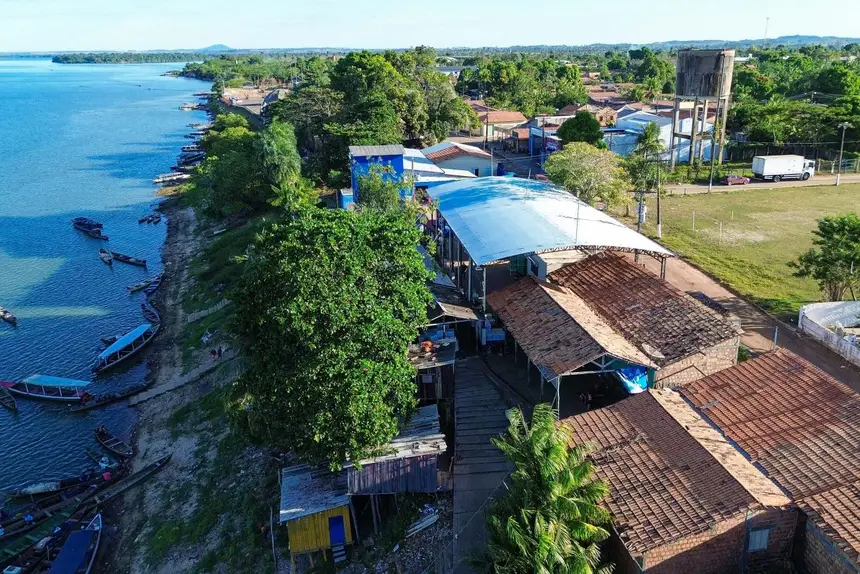
The structure in Itupiranga is part of a set of seven units planned for the region. The first was delivered in Breu Branco in April of this year. The others are under construction in the municipalities of Goianésia do Pará, Nova Ipixuna, Jacundá, Novo Repartimento, and Tucuruí. The management will be shared among local municipalities, Fishermen's Colonies, and Ideflor-Bio, which should ensure greater efficiency in the use of resources and the administration of fishing activities.
Strategic - In addition to serving as a landing point, the unit will have a strategic role in monitoring fishing. Data collected from fishermen, such as the quantity and type of fish, will be entered into the Conservation Units Monitoring System (SisMULT), managed by Ideflor-Bio. This database will allow for monitoring fish stocks and supporting public policies aimed at conserving the natural resources of Tucuruí Lake.
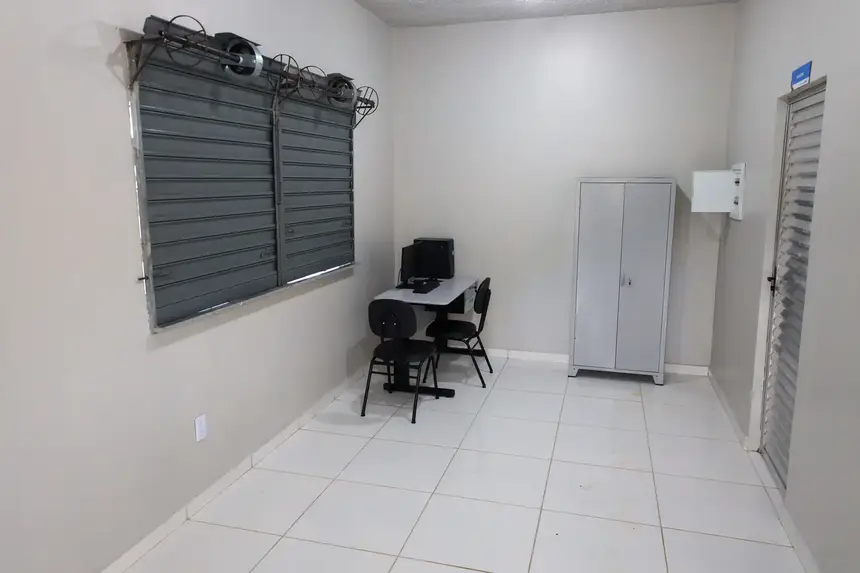
“We will collect data from fishermen and weigh all the fish that arrives at the port. This data will be essential to better understand the fishing dynamics of the region and ensure the sustainability of the activity,” explained Keylah Borges, manager of the Administrative Region of the Tucuruí Lake Mosaic. According to her, the same model will be replicated in the other units, ensuring standardization and integration of information.
Satisfaction - Workers in the sector celebrate the new structure. Antônio Oliveira Santos, a fisherman for three decades, reports that the previous reality was precarious. “Everything was improvised, without hygiene, without structure. Now we have a clean, organized, and dignified place. This values our work and the product we deliver to the population,” he celebrated. He also thanked the State Government for its sensitivity to the category.
For José Ribamar dos Santos, a fish buyer for over 20 years, the progress is evident. “It has improved a lot with this work and demand tends to grow even more. Now we have more space to store and weigh the fish more comfortably,” he stated, pointing to the growth of the activity in the municipality as a sign of the need for future expansion.
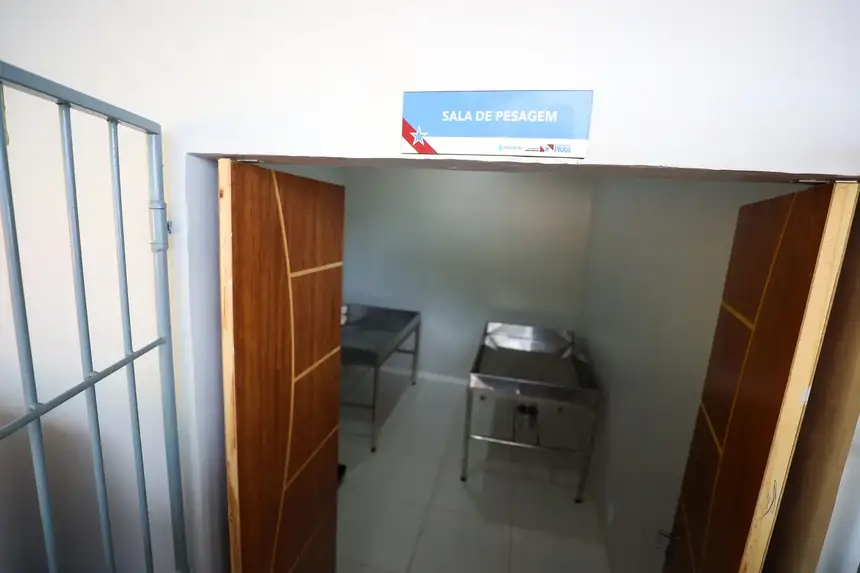
Commitment - The president of Ideflor-Bio, Nilson Pinto, emphasized that the project reaffirms the State's commitment to the sustainable development of the region. “These units represent a new model of fishing management, integrating infrastructure, monitoring, and community participation. From now on, we will be able to ensure that fishing activities occur in an orderly, safe manner and based on concrete data,” he stated.
In addition to the physical infrastructure, the project also invests in training, equipment, and institutional articulation. The expectation is that the new unit in Itupiranga will stimulate the formalization of the fish production chain and contribute to increasing the income of fishermen while promoting the conservation of the region's aquatic ecosystems.


